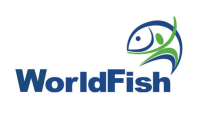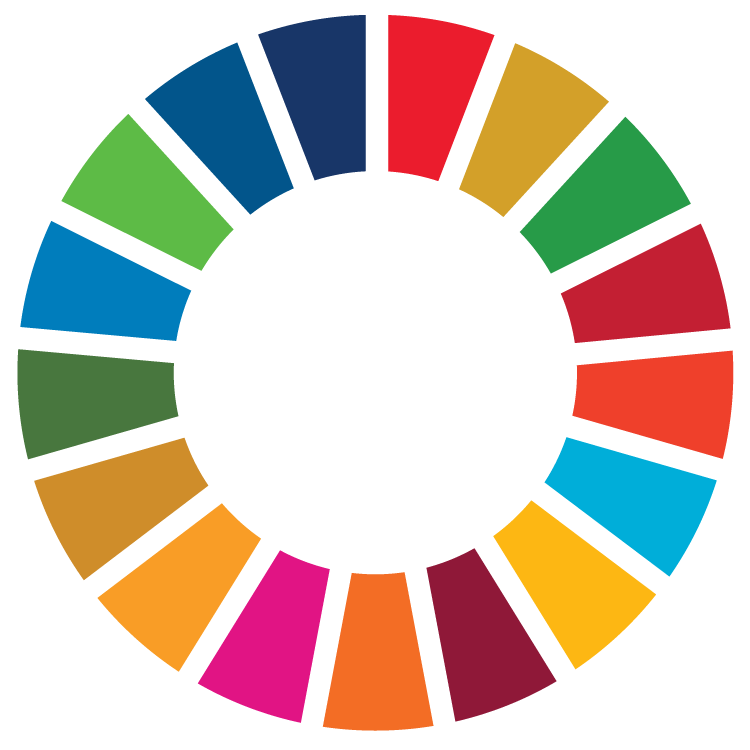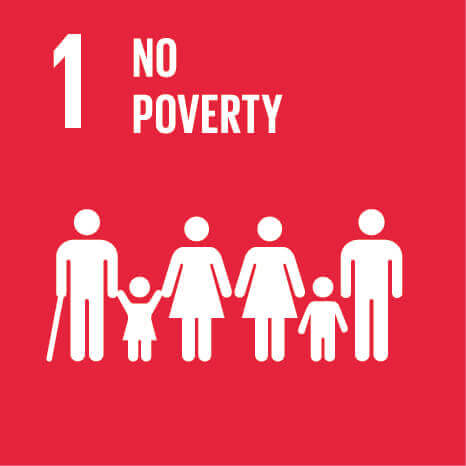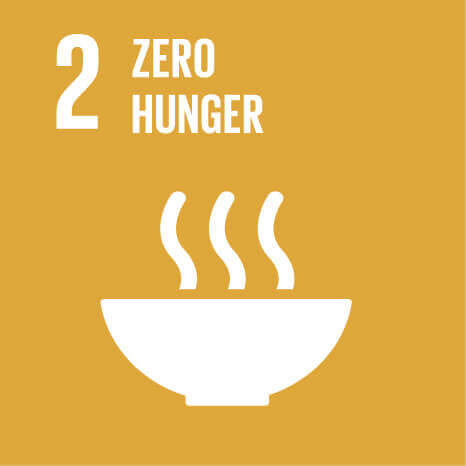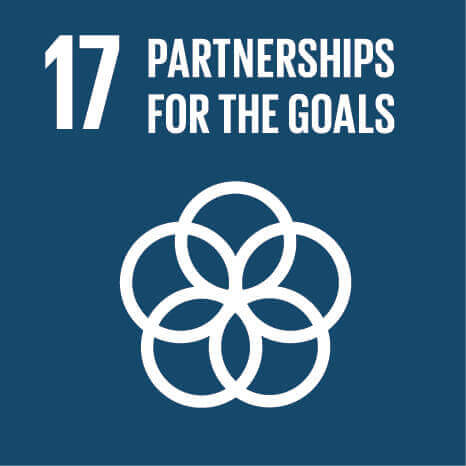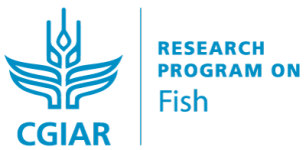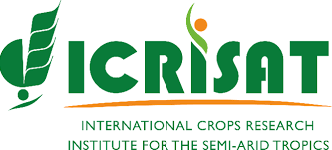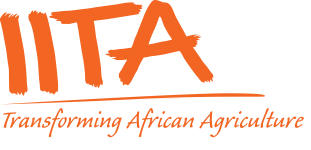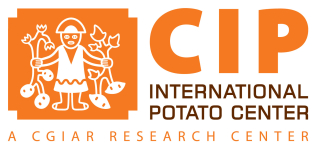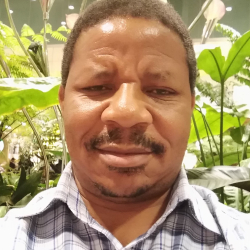An holistic approach in disseminating CGIAR technologies and innovations to boost the efficiency of agriculture production systems in Malawi
Published on: April 28, 2020, Submitted by Bonface Nankwenya on: April 7, 2020, Reporting year: 2019
CGIAR Centers in Malawi are providing expertise and relevant innovations and technologies to farmers. The Centers provide relevant innovations and technologies with the intent to address a holistic manner the issues affecting agricultural production systems in Malawi. By the end of the project, over 400,000 rural households will diversify their diets by including intake of high quality proteins and micro-nutrients from fish.
WorldFish center conducted training of Master Trainers in the three regions at Thuchila, Lisasadzi and Mzuzu RTCs. The practical lessons included pond construction as shown in the picture, fish type identification, and sex determination.
There are eight CGIAR Centers with operational offices in Malawi: CIP, ICRISAT, IITA, ICRAF, CIAT, CIMMYT, IFPRI, and WorldFish. These centers have developed diverse technologies, innovations, and methodologies over time that has not been made available to farmers in a holistic approach. Developing a model of working together, these centers are promoting integrated technologies for scaling out that specifically address soil fertility or water conservation constraints (NRM), agricultural productivity and climate change through farmer field school approach.
A total of 82 study plots were established at 3 Residential Training Centers and 443 study plots for 30 Community Outreach Centers in 2018/19 and 2019/20 growing seasons. These study plots were established through a farmer field school approach where 174 Master Trainers were enrolled who further trained 5220 farmers. The technologies were evaluated by 923 farmers where 7 technologies were adopted. The CGIAR centers also trained 121 agro-dealers from 10 districts in seed multiplication and distribution
The CGIAR Centers will built the capacity of 300 Master Trainers (MTs) coordinating with the FAO who will pass on the knowledge to Community Based Facilitators (CBFs) that eventually supported 400,000 households through Farmer Field Schools (FFS), supported by government extension service and non-governmental organization (NGOs). This holistic approach additionally provided an avenue for identifying new areas of IAA fish farming expansion, technology adaptation and investment to address the pressing production and socio-economic constraints among resource-constrained smallholder farmers in Malawi. By the end of the project, over 400,000 rural households will diversify their diets by including intake of high quality proteins and micro-nutrients from fish.
Stage of Maturity and Sphere of influence
-
Stage of Maturity: Stage 1
-
Contributions in sphere of influence:
C.1.1 - Increased capacity of beneficiaries to adopt research outputs
D.1.3 - Increased capacity for innovation in partner research organizations
Acknowledgement
This work was undertaken as part of the CGIAR Research Program on Fish Agri-Food Systems (FISH) led by WorldFish. The program is supported by contributors to the CGIAR Trust Fund. Funding support for this work was provided by Gesellschaft für Internationale Zusammenarbeit (GIZ) in the framework of EU-funded KULIMA project in Malawi.
Projects
-
KULIMA Promoting Farming in Malawi: Improving the access to and use of agriculture research innovations by Malawian farmers
CRPs & Partners
References
-
CIP_First Narrative and Financial Report Kulima - Worldfish_November 2018 to January 2019.
-
CIP_Final Narrative Kulima - Worldfish_August 2019 to October 2019.
-
CIP_Third Narrative Reports Kulima - Worldfish_May 2019 to July 2019.
-
CIP_Second Narrative Report Kulima - Worldfish_February 2019 to April 2019.
